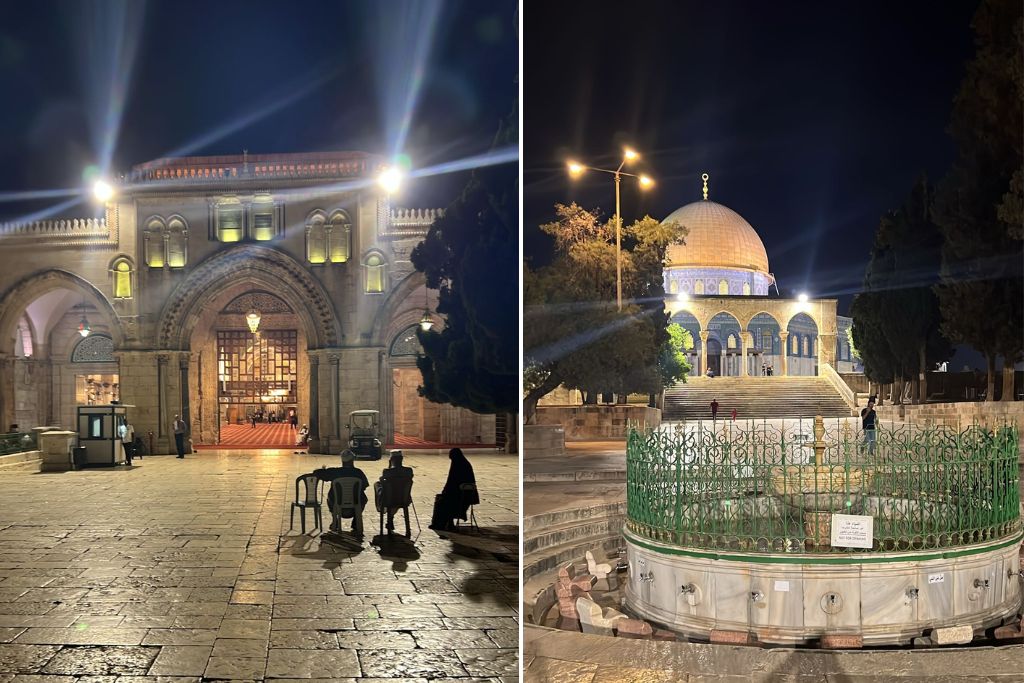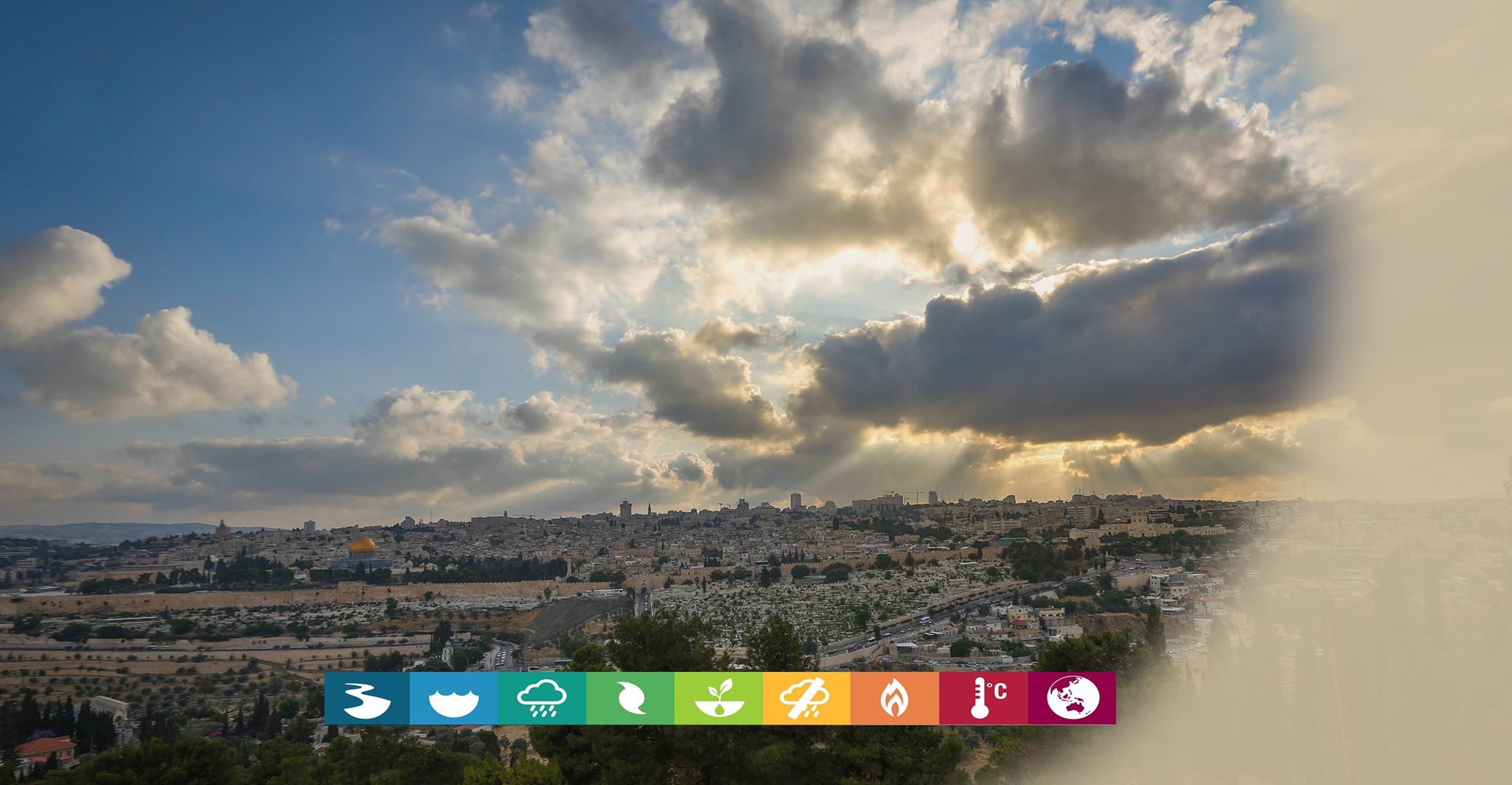JERUSALEM, June 24, 2025 (WAFA) – In the wake of the ceasefire with Iran, the Israeli occupation authorities on Tuesday morning reopened Al-Aqsa Mosque compound in the East Jerusalem, occupied since 1967, following a 12-day closure.
The Jerusalem Governorate announced that Israel has reopened the holy site, lifting the restrictions placed on the entry of Palestinian worshippers, purportedly on public safety due to Iranian missile strikes.
Meanwhile, Adeeb Jawad Joudeh Alhusseini, the Custodian of the Keys of the Holy Sepulcher and the Holy Tomb Seal Holder in Jerusalem, announced in a press statement that the occupation authorities decided to “end the state of high alert that had been in effect across various parts of the country in recent days”, marking a return to normalcy and paving the way to the lifting of all restrictions previously imposed.
“As a direct result, the doors of the Church of the Holy Sepulcher in Jerusalem will reopen to visitors and pilgrims,” he said.
The occupation authorities had completely closed off Al-Aqsa Mosque and restricted the number of Palestinian worshippers able to visit it last Friday to less than 500 people, a fraction of the number that usually attend, since July 13, marking the largest shutdown since the Covid-19 pandemic.
They tried to defend the decision, saying it was based on public safety due to Iranian missile strikes. Palestinians, however, feared that the conflict was exploited as a pretext to impose lasting changes on the status quo at the revered site.
In addition to closing gates into the mosque, the occupying forces also closed off entrances into the Old City, restricting the ability of Palestinians who live outside of the city's gates from entering the mosque.
In contrast, Israeli colonists continue to raid Al-Aqsa Mosque almost daily, with their numbers steadily increasing over the past two decades.
In recent months, they have raised the Israeli flag and regularly performed Jewish religious practices in the eastern section of Al-Aqsa Mosque complex, in an area known as Bab al-Rahma. Both actions were previously blocked by Israeli authorities, fearing a Palestinian backlash.
Unsolicited visits, prayers, and rituals by non-Muslims at Al-Aqsa are prohibited under decades-old international agreements known as the status quo. Israeli authorities and settlers frequently violate these norms.
K.F.











